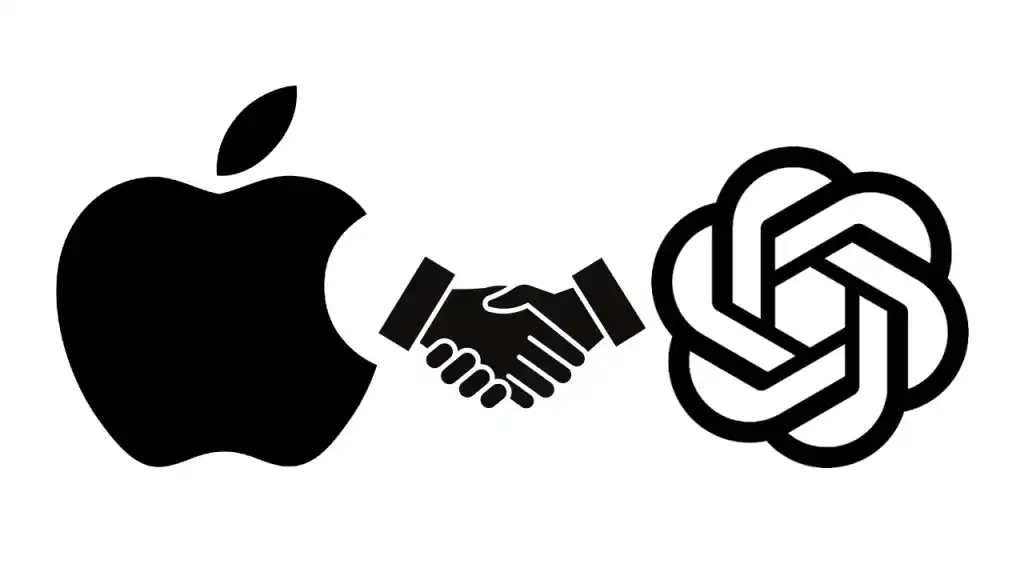
Google Delays the End of Cookies in Chrome to 2025
Google has again postponed the removal of third-party cookies from its Chrome browser, now setting the target for sometime in 2025.
This delay has been attributed to challenges in reconciling varying feedback from developers, the broader industry, and regulatory bodies. Furthermore, the UK’s Competition and Markets Authority (CMA) has been given additional time to review pertinent data, expected by the end of June.
Originally, Google planned to phase out Chrome cookies by the latter part of this year. However, this action has now been deferred to early 2025.
The initial announcement to discontinue cookies was made by Google at the beginning of 2020, with an intended completion by the end of 2022. The CMA initiated its investigation in 2021. Google commenced public testing of its new approach this January by restricting cookies for 1% of Chrome users.
Historically, cookies have been pivotal for targeted advertising, managing sign-ins, and personalizing web experiences. They are, however, increasingly seen as a threat to privacy. In response, Google has suggested adopting Privacy Sandbox tools as alternatives for tracking.
The reaction from some advertisers and publishers has been mixed. Some express concerns that the Sandbox tools are not as user-friendly, do not adequately substitute the functionality of cookies, and could potentially grant Google excessive control. Others see this as an opportunity to modernize online advertising.
Despite these challenges, competitors like Apple and Mozilla have already started phasing out cookies in their Safari and Firefox browsers, respectively. While Chrome remains the most widely used browser, its continued use of cookies has prompted some privacy-conscious users to consider alternatives.






